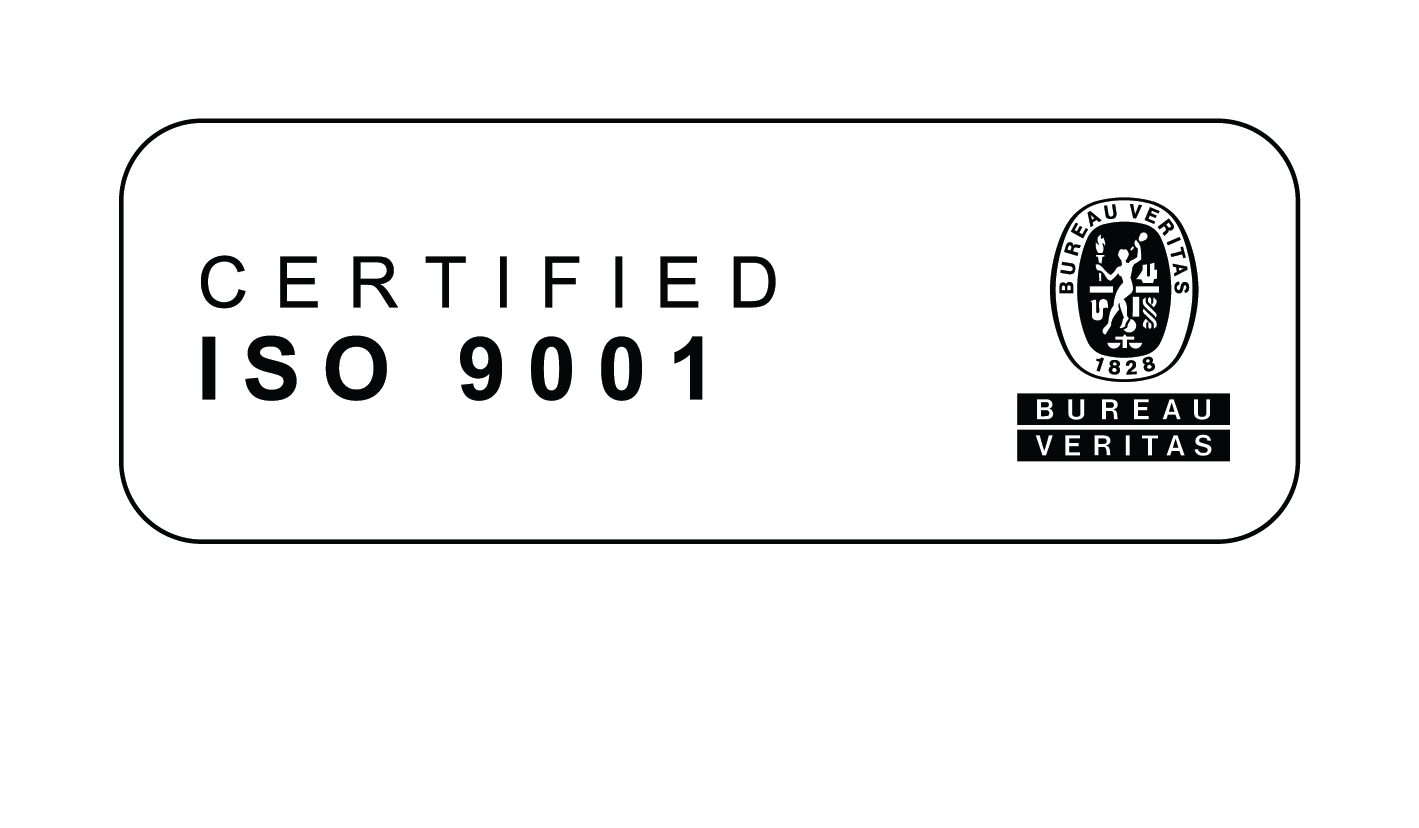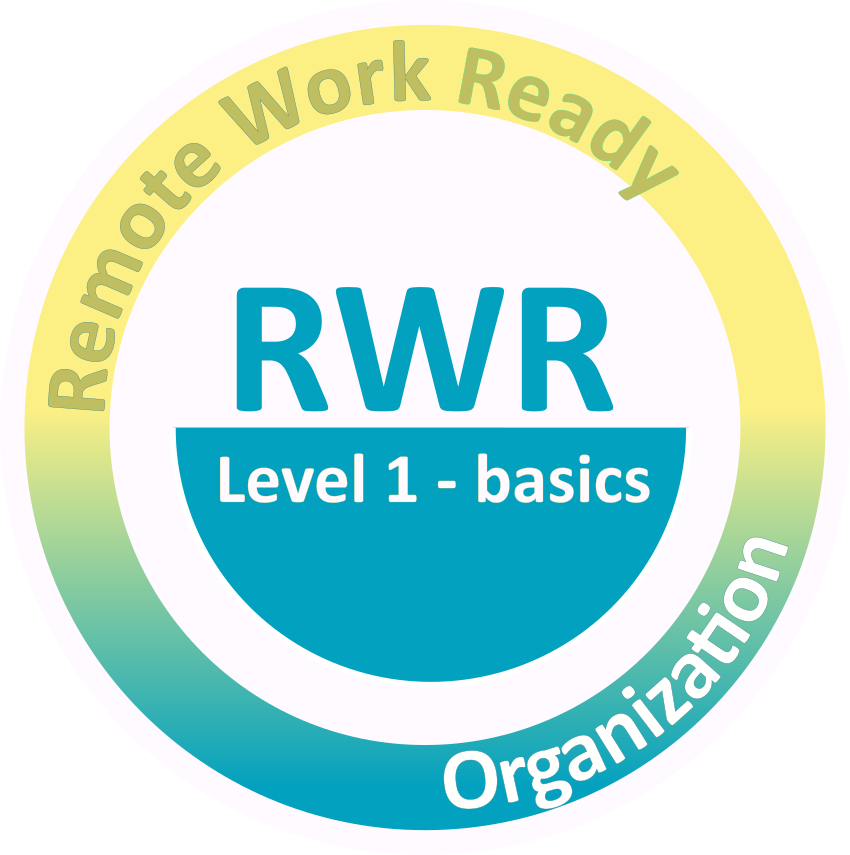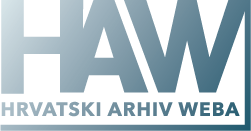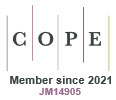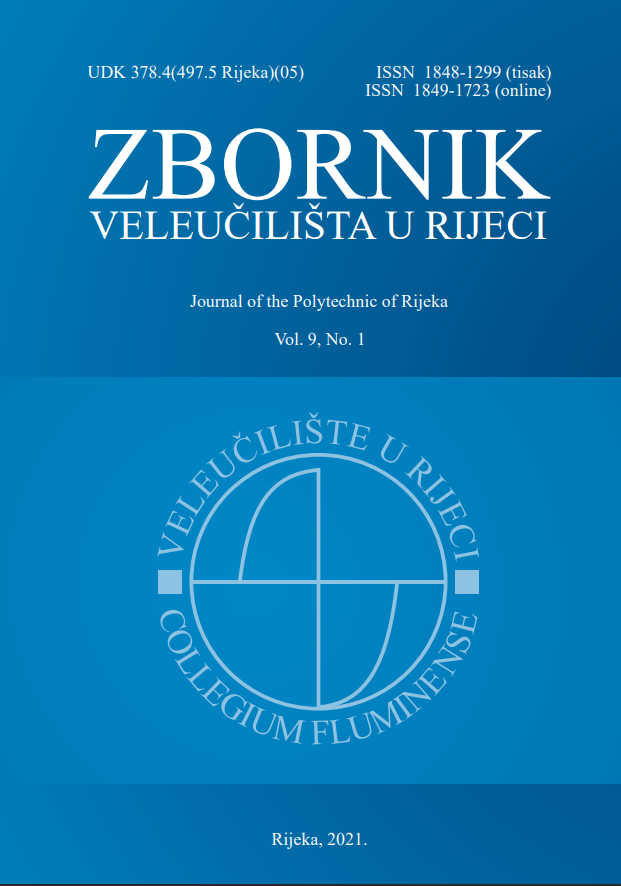Code of Ethics
Publication Ethics Statement
It is necessary to ensure the application of the standards of ethical practice by all parties that participate in the publication procedure – author(s), journal editor(s), publisher and reviewers.
Publication ethics statement is based upon recommendations and guidelines for journal editors grounded on best practice of the Committee on Publication Ethics – COPE's Best Practice Guidelines for Journal Editors (Core Practices described by COPE).
Journal editors and editorial board members are committed to fair and professional behavior in all publishing activities. We are committed to publishing original high quality articles, valuable to the scientific and professional community, according to the highest possible standards.
All the papers submitted for publication in the Journal of the Polytechnic of Rijeka go through an anonymous reviewing procedure. The review is “double-blind”. The main editor and executive editors cannot be reviewers of the papers that are accepted for publication in the Journal.
Only the papers that are not issued anywhere else and have two positive reviews are published. The reviewers deliver the review in the prescribed form where they evaluate the paper, provide comments and suggestions, and propose categorization. The information on the way of conducting the reviewing process are available on the Journal website.
In case of doubt that the misuse of author’s data, plagiarism, redundant publication, data falsification or conflict of interest has occurred, the Journal editors will act according to the guidelines given by the Ministry of Science and Education of the Republic of Croatia (https://mzo.hr/sites/default/files/migrated/eticki-postupnik-za-urednike.pdf) and COPE editors’ ethical guidelines. Therefore, where suspected cases of malpractice are identified, we follow the flowcharts developed by COPE.
We expect honesty, originality and fairness from authors, as well as objectivity, confidentiality and fairness from editors and reviewers. Authors, editors, editorial board members and reviewers are obliged to adhere to ethical standards and Journal policy.
Author’s responsibility
Originality, source citing and plagiarism: Authors should ensure the originality of the manuscript content delivered to be considered for publication in the Journal, and if they have used ideas taken from papers written by other authors, they have to mark/cite appropriately the other author. The authors should cite publications that have affected the defining of the nature of the given research in the article.
Unnecessary or competitive submissions: The author should not submit manuscripts to be considered for publication in the Journal that describe the same research that has been already published in another journal. Also, the authors should not send their manuscripts to either any other journals or primary sources, while they are under consideration for being published in the Journal. At the same time, the submission of the same manuscript to be published in more than one journal represents unethical practice and is not acceptable. Therefore, authors must confirm that their work is original and has not been published or is currently under consideration for publication elsewhere.
After accepting the classified manuscript for publication in the Journal, the author can publish the same manuscript in another journal only given the acceptance by the Editorial board (secondary publication). When the article is published again, it should contain the information on where the article was published first.
Publication standards: The authors that publish the results of original research should show accurate data and consider the research problem objectively, and point out the significance of research results. The data used, on which the research is based, should be provided accurately. The paper should contain clear and detailed instructions on the used sources in order to allow other researchers to check the research results, that is the replication of the paper. False or conscious and intentional presentation of inaccurate data represents unethical conduct and is unacceptable.
Authorship: Authorship should be limited to those people who made significant contribution to forming, conducting and interpreting of the shown scientific research in the submitted manuscript. All the people who have contributed significantly to the development of the research should be listed as co-authors. Other people who have contributed significantly in another way to conducting the research/research project, in certain significant parts of the research, should be named in the acknowledgement section. The corresponding author should ensure that all the relevant co-authors are specified in the article, that all the co-authors have seen and confirmed the final version of the manuscript and accepted the manuscript is submitted to the Journal. Guest authorship without the actual involvement of the co-author and Ghost authorship without listing of the real author are considered as unethical behaviour. Use of AI for writing assistance should be reported in the acknowledgment section. Chatbots (such as ChatGPT) should not be listed as authors because they cannot be responsible for the accuracy, integrity, and originality of the work, and these responsibilities are required for authorship. If AI was used for data collection, analysis, or figure generation, authors should describe this use in the methods section.
Conflict of interest: The authors should emphasize if there is any conflict of interest during the initial manuscript submission. The authors of the manuscript should point out any financial or other conflict of interest that might influence research results and their interpretation. The authors should name the source of financial support for the conducted studies, which submitted manuscripts are based upon.
Revealing significant errors: If the author reveals significant errors or inaccuracy in its already published article, he/she has to inform the Journal editor. If it is possible, the error will be published, however, if that is not possible, the article will be retracted.
Ethical oversight: Authors are expected to follow relevant institutional and national guidelines on research ethics. Informed consent must have been obtained from any human subjects who participated in the research.
Editor’s responsibility
Responsibility: Journal's editor is responsible for everything that has been published in the Journal. The editor is responsible for making the final decision which of the submitted papers will be considered for publication. When making the final decision on publication, the main editor can consult other editors and/or reviewers.
Fairness and confidentiality: The manuscripts are judged by the editorial board exclusively in relation to intellectual content. The evaluation of the manuscript is not in any case a subject to racial, sexual or religious belonging, ethnic origin, nationality, sexual orientation or author’s political orientation. The editor and editorial board will not reveal information on the submitted manuscripts to nobody but corresponding authors, reviewers and potential reviewers, other editorial advisors and publishers.
Academic honesty: The editorial board has to keep complete academic integrity and work in accordance with intellectual and ethic standards. If it is necessary, the editor should publish corrections, clarifications, retractions and apologies. The editor/editorial board will examine suspicious and false research or any other type of unacceptable behaviour. Also, the editor/editorial board will examine every reviewer and editorial unacceptable behaviour. The editor/editorial board will carry out the required measures if there are any complaints on ethics of the submitted or already published articles.
Conflict of interest: Any kind of material that is shown when submitting the manuscript, and which is not published in the end, will not be used for the editor’s research purpose without the author’s written agreement. The editor/editorial board will keep ideas or confidential information during the revision of the submitted manuscripts completely secret. Moreover, the editor commits to ensure completely that any kind of commercial revenue will not have any influence on the editorial decision. If the editor is in conflict of interests that are in relation to submitted manuscripts, they will make a decision on personal exemption and authorise other members of the editorial board to examine and consider the submitted manuscripts. In cases when articles have to be retracted, when there is suspicion of unethical published articles, and when corrections of the published articles have to be published, the editors will act in accordance with COPE Guidelines.
Reviewer’s responsibility
Qualification and promptness: Reviewers help the editor when making the editorial decision, as well as the author (through communication between the editor and author), with the aim of improving the manuscript quality. Every chosen reviewer, which is not considered qualified to review the received article or knows that in the given period he/she will not be able to review the manuscript, should inform the editor (who will contact substitute reviewers) and exclude himself/herself from the reviewing process.
Objectivity: When giving their opinion, reviewers should be entirely objective and their opinion clear and well-substantiated. Any kind of personal criticism is inappropriate.
Citing sources: The reviewers have to determine relevant data sources that are not cited in the author's manuscript. Every statement in the manuscript that represents a review, derivative or argument that was published earlier has to contain a quotation. The reviewers have to quickly inform the editor if they find out significant similarities or overlap between the manuscript text before consideration and texts of any other published piece.
Confidentiality: Every manuscript received in order to be reviewed has to be handled as a confidential document. Reviewers are not allowed to show and/or discuss the received manuscripts with other people, except if given the editor's consent. Confidential information or ideas that reviewers found out during the reviewing process cannot be used to obtain personal gain of the reviewers in any possible way.
Conflict of interest: Reviewers cannot accept any reviewed manuscripts which are the subject of conflict of interest that arises from competitive, cooperative and other relations with any other author, company or institution, which are connected to the received manuscript.
Ethical Complaints and Retraction Policy
Complaints to Journal of the Polytechnic of Rijeka should be submitted by email to zbornik@veleri.hr. Complainants should describe the subject and nature of their complaint and provide supporting documentation. The Editors will, in consultation with the Editorial Board if necessary, assess any complaint on its merits, take any necessary remedial action, and respond to the complainant.
Every reported act of unethical publishing behaviour will be considered and reasonable responsive measures will be taken (contacting the authors, relevant institutions, the publication of a correction, retraction, or other note).
Once an article has been published, errors that affect the meaning of content or that relate to data or citations can be corrected. A correction notice including a list of changes, publication date of the original article and the date of the correction, and where to obtain the original article will be added to the end of the corrected articles.
If errors are found that are so significant (serious errors that may invalidate an article’s results or conclusions), the article will be removed and replaced with a note stating the reason for the retraction (we will follow COPE’s Retraction Guidelines).
By submitting the manuscript with the completed Application form and a signed Copyright Statement, the authors declare that the text of the article is their original work, does not contain any plagiarism and has not been published anywhere else or submitted to any other journal. If plagiarism is found, a whole article will be removed from the journal and replaced with a note indicating the authors´ names and a description of the plagiarism. Authors and their institutions will be notified.
UDK: 378.4(497.5 Rijeka)(05) https://doi.org/10.31784/zvr
ISSN 1848-1299 (Print) ISSN 1849-1723 (Online)
The usage of full-text of the articles can be used exclusively for personal, research-related or educational purposes, with regard to the authors' and publishers' rights.
